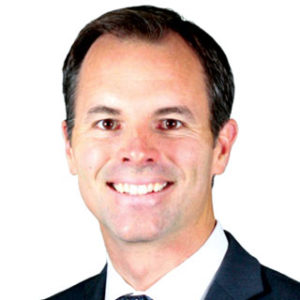
The Patient-Driven Payment Model arrived not a moment too soon for CareTrust REIT’s skilled nursing operators.
Executives on Thursday reported losses from overall census declines are being “significantly offset” by the increase in skilled revenue, resulting in a solid financial performance by its tenants during the fourth quarter of 2020.

“It has been a remarkable trend to see,” Dave Sedgwick, CareTrust president and chief operating officer, said during an earnings call. “We saw PDPM kick in just in time for this pandemic. I think the picture here that we’d be seeing would be different if we were still on the old [Resource Utilization Group] program that was largely driven by volume of therapy minutes.”
Because PDPM bases reimbursement on clinical characteristics of residents, CareTrust has seen a rise in Medicare rates, when captured properly, because COVID patients require more complex treatment.
“From the get go, some of our operators realized that they needed to be a part of the solution, so they created wings in their facilities that would specialize in COVID and became that COVID facility of choice in their market,” Sedgwick said. “That trend has continued and is largely the reason for the increased performance there.”
The California-based real estate investment trust reported a net income of $21.1 million, or 22 cents per diluted weighted-average common share, for the quarter. That’s compared to the $20.6 million in net income it saw during the fourth quarter of 2019. The company also reported it collected 99.3% of rents in 2020.
CareTrust saw its SNF occupancy drop 154 basis points during the fourth quarter, while its skilled-mix occupancy increased by 270 basis points between the third and fourth quarters.
“Fortunately, the revenue loss from the overall census drop is being significantly offset by the increased skilled revenue,” Sedgwick said.
He later added that he “can’t underscore enough the importance of the waiver of the three-night qualifying hospital stay as a lifeline for both the patients who are able to avoid risky and traumatic transfer to the hospital and for the operators themselves.”
While the quarter has been “pretty steady” for the company, Sedgwick also said he didn’t want to convey that all things are “nice and easy out there.”
“Our operators are definitely still slaying dragons,” he said.





